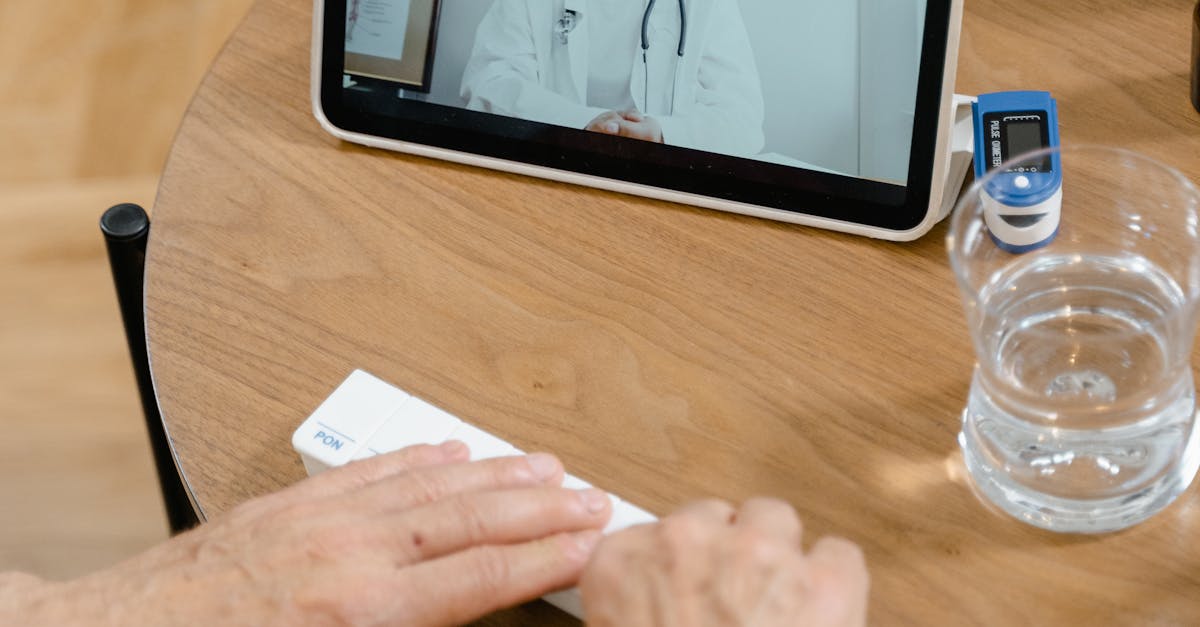Tadawi for Cardiology Clinics: Effective Chronic Follow-up, Treatment Plans, and Intervention Warnings
Cardiology clinic management is one of the most complex medical specialties due to the nature of the diseases it handles, which are often chronic and require precise, continuous follow-up. Cardiac patients suffering from conditions like hypertension, diabetes, high cholesterol, and atherosclerosis need care that goes beyond periodic visits to include customized treatment plans and close monitoring to avoid serious complications. In this context, the role of integrated digital solutions becomes prominent in enabling doctors to provide superior care. The Tadawi system for cardiology clinics offers a comprehensive solution focused on improving care quality by organizing chronic follow-up, facilitating the creation of treatment plans, and providing smart warnings about therapeutic and surgical interventions.
The Importance of Precise Chronic Follow-up in Cardiology Clinics
Regular follow-up is the cornerstone of preventing serious complications in cardiac patients, such as heart attacks, strokes, and acute vascular problems. Continuous medical supervision is not just a routine procedure but a necessity for assessing vital signs, heart and kidney functions, and periodically reviewing lab results. The Tadawi system helps automate this process by providing comprehensive and organized electronic records for each patient. A doctor can easily access a patient's complete history, including prescribed medications, past test results, and clinical notes, allowing for an accurate assessment of treatment response and adjustment when needed. The system also helps schedule appointments and send automated reminders to patients, ensuring their adherence to the follow-up plan and reducing no-shows for important appointments.

Developing Custom Treatment Plans with the Tadawi System
No two patients are exactly alike, so treatment plans must be individualized and specifically designed to meet the needs of each case. Treatment plans for cardiac patients typically include precise medication prescriptions to regulate blood pressure, sugar, and cholesterol, along with dietary recommendations, exercise programs, and lifestyle modifications like smoking cessation. The Tadawi system makes it easy to create and document these complex treatment plans. Doctors can set therapeutic goals for each patient and track their progress toward achieving them. In cases requiring interventional treatments like catheterization or pacemaker implantation, the system provides a centralized platform to document all procedure details and monitor the patient before and after surgery. This organized approach ensures that care is integrated and balanced, especially when dealing with co-existing conditions like kidney disease, which requires careful medication adjustments to avoid potential harm.
Building Effective Treatment Plans
Tadawi offers user-friendly interfaces to create treatment templates that can be customized for each patient, saving time and ensuring no aspect of necessary healthcare is overlooked.
Efficiently Managing Warnings for Therapeutic and Surgical Interventions
One of the biggest challenges in cardiac patient care is managing potential drug interactions, especially since these patients often take multiple medications for various chronic diseases. Combining certain drugs, such as diuretics and blood pressure medications, can lead to serious complications, particularly in patients with kidney disease. The Tadawi system is designed to act as a safety net for the physician, automatically analyzing prescribed medications and issuing immediate warnings for any potential drug interactions. Additionally, the system helps prepare for interventional procedures like catheterization or stenting by providing checklists and accurate pre-procedure assessments to ensure patient safety, as well as continuous post-procedure follow-up to confirm treatment efficacy and prevent complications.
Tadawi's Role in Cardiac Patient Care: Integrated Chronic Follow-up
Effective care requires continuous monitoring for any signs indicating a deterioration in the patient's condition, such as the appearance of edema (swelling), shortness of breath, chest pain, or heart rhythm disturbances. The Tadawi system enables doctors to record and track these symptoms over time through interactive dashboards that visually display the patient's vital signs. This proactive approach helps in the early detection of potential complications and allows for rapid adjustment of the treatment plan to reduce the risk of clots or heart failure. Having a central system that consolidates all this data makes it easy for the entire medical team to coordinate care and ensure the patient achieves the best possible outcomes, preventing acute and sudden disease progression.
Improving Operational Efficiency in Cardiology Clinics
Besides enhancing clinical care, Tadawi plays a pivotal role in boosting the clinic's operational efficiency. By embracing Digital Transformation, clinics can reduce their reliance on paper records, which minimizes errors and saves time and space. The system includes advanced modules for Inventory Management, ensuring that vital medications and medical devices (like stents and pacemakers) are available when needed. It also facilitates Supplier Integration to streamline procurement and ordering processes. This efficiency not only contributes to Cost Reduction but also allows medical staff to focus more on patient care. Furthermore, the system can be used for ethical Pharmaceutical Marketing efforts by sending educational materials to patients about their condition and the importance of treatment adherence.

Illustrative Table: How Tadawi Enhances Cardiac Patient Care
| Feature | Traditional Method | Using the Tadawi System |
|---|---|---|
| Patient Records | Scattered paper files, prone to loss or damage, and difficult to share. | Centralized, secure electronic record, easily accessible by the medical team. |
| Chronic Follow-up | Relies on patient and doctor memory, and manual appointment schedules. | Automated scheduling, patient reminders, and tracking of vital signs over time. |
| Treatment Plans | Separate paper prescriptions and verbal recommendations that are hard to track. | Integrated digital treatment plans including medications, diet, and exercises. |
| Intervention Warnings | Relies solely on the doctor's knowledge and experience, increasing the risk of human error. | An automated system that issues immediate warnings for potential drug interactions. |
Glossary of Key Terms in Cardiology Clinic Management
- Inventory Management: The process of tracking and managing medications and medical supplies to ensure their availability and avoid shortages or expiration.
- Supplier Integration: Electronically connecting the clinic's system with suppliers to facilitate the process of ordering and purchasing medical supplies.
- Digital Transformation: The adoption of digital technology to improve processes and services in the clinic, transitioning from paper-based to electronic systems.
- Pharmaceutical Marketing: Activities related to responsibly providing accurate information and educational materials to patients about their medications and health conditions.
- Cost Reduction: Implementing strategies and processes aimed at lowering the clinic's operational expenses while maintaining the quality of care.
Frequently Asked Questions about the Tadawi System for Cardiology Clinics
1. How does the Tadawi system help remind patients about their appointments and medications?
The system sends automated text messages or notifications to remind patients of their upcoming follow-up appointments and medication dosage times, which enhances adherence to the treatment plan and reduces no-show rates.
2. Can the Tadawi system handle data for patients with multiple chronic conditions, such as heart and kidney disease together?
Yes, the Tadawi system is designed to be comprehensive. It can manage patient files with multiple comorbidities, track vital signs for each condition separately, and issue warnings about therapeutic interactions between different drugs, ensuring integrated and safe care.
3. How secure is sensitive patient data on the Tadawi system?
The Tadawi system places the highest priority on the security and privacy of patient data. The system uses advanced encryption protocols and global security standards to protect information from unauthorized access, ensuring the confidentiality and integrity of medical records.
In conclusion, successful chronic cardiac care relies on accurate diagnosis, regular follow-up, detailed treatment plans, and precise warnings for therapeutic interventions. The Tadawi system for cardiology clinics provides the necessary tools to manage all these aspects efficiently and effectively, empowering doctors to deliver the best possible care and ensure better health outcomes for patients.
If you’d like to discover more strategies for boosting sales in your clinic, you can request a free quote for the Tadawi Clinic Management System. For frequently asked questions, click here.

